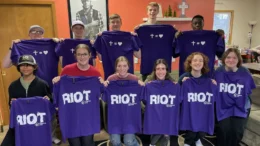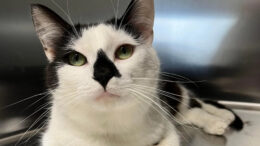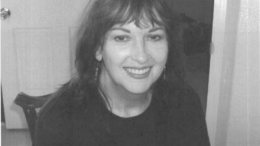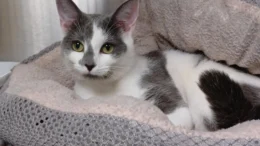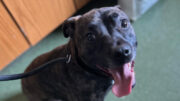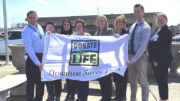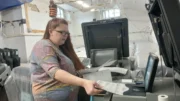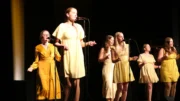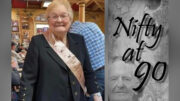Franklin state police don’t plan to have an active role in enforcing the state’s latest directives regarding the wearing of masks outside the home.
Gov. Tom Wolf announced Wednesday he is expanding the indoor mask order in businesses and other locations to public places outdoors where social distancing is impossible.
“At this time law enforcement is not in charge of enforcing this order,” Franklin state police community service officer Michelle McGee said Thursday.
“We are not going to actively be patrolling for mask compliance. It’s mostly just looking for the compliance of the citizens of the Commonwealth,” McGee said.
McGee said Franklin state police haven’t been called to any face covering non-compliance reports recently. She said that out of the calls police have received, most came from people reporting that businesses weren’t following April’s face covering order.
“Mostly in the beginning it was for the (non-compliant) businesses,” McGee said. “That was mostly the type of calls we were getting in the beginning.”
Franklin state police said information about the last time they responded to a non-compliance call wasn’t available.
Since June 10, state police liquor control enforcement officers have averaged about 1,565 compliance checks each day and issued 18 warnings to licensees for violating industry guidance. Violations included failure to require customers and employees to wear face coverings and exceeding occupancy limits.
Although no administrative citations were issued in these instances, penalties may be assessed for each violation and include a fine of up to $1,000 and possible suspension and/or revocation of the liquor license.










